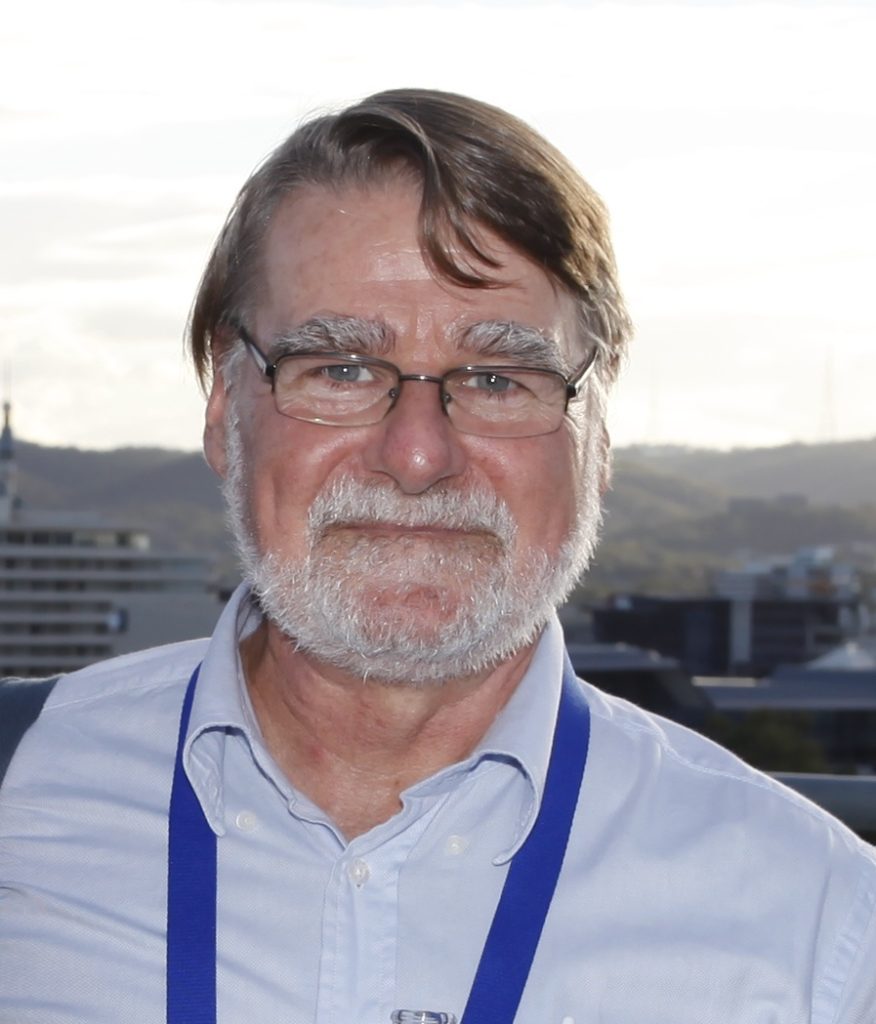Australia/Israel Review
AIR New Zealand: Controversy on Kiwi campuses
Sep 8, 2016 | Miriam Bell

Miriam Bell
Academic campuses around the world have been subject to a rising tide of extreme anti-Israeli invective often shading into antisemitism in recent years. While the protests and harassment are often presented as criticism of Israel in relation to the Palestinian issue, the behaviour frequently bears all the hallmarks of traditional antisemitism.
Last year a number of incidents occurred at several New Zealand universities which give cause for concern on this front. One of these was an attempt – which failed – to block the visit, organised by the New Zealand branch of the Australasian Union of Jewish Students (AUJS NZ), of two former IDF soldiers to Victoria University. The other was the frosty academic reception gven to visiting Palestinian human rights activist Bassem Eid.
But the most widely publicised of these incidents was what became known as the Scott Poynting affair.
Scott Poynting was a sociology professor at the University of Auckland and a self-proclaimed expert in hate crime. In November 2015, he wrote a letter to the Waikato Times which compared an Israeli company employing Palestinians to a German company employing Jews during the Shoah.
A number of groups, including the New Zealand Jewish Council and fellow academic Paul Moon, complained about the letter to the University of Auckland, saying it was antisemitic. The University’s Vice-Chancellor, Stuart McCutcheon, instigated an investigation, which found Poynting not guilty of misconduct.
Poynting was asked to write to the paper to clarify his comments. He refused to do so. Instead McCutcheon apologised to the complainants. Not long afterwards, it was announced that Poynting was retiring from the University.
The New Zealand Jewish Council was not satisfied with the University’s handling of the affair, saying it wanted an apology from Poynting and for the University to publicly distance itself from his remarks, as opposed to merely apologising privately.
By contrast, prominent Jewish academic Paul Morris, a religious studies professor at Victoria University, argues the University’s response was appropriate – particularly as Poynting contributed the letter as a private individual.
While the community was right to be concerned, most people involved behaved quite sensibly in response, Morris said. “Letters written by David Zwartz and Paul Moon [to the media] effectively presented the other side of the issue. The University itself behaved well in investigating immediately and demanding that Poynting explain himself.”
In his view, New Zealand University management is much more responsive to incidents like the Poynting letter than it was in the past. This follows much-publicised controversies over the Holocaust revisionist Joel Hayward at Canterbury University and the work of antisemite Hans Kupka at Waikato University [in the 1990s and early 2000s, respectively].
However, Morris said that many students have a very simplistic and stereotypical view of the conflict between Israel and the Palestinians.
“Their view is one of a European colonialisation of the land. They think Israel doesn’t have a right to be there, that Israelis are interlopers, that Israel is thwarting the Palestinian struggle for national solidarity.”
Such views are exacerbated by negative media presentation of Israel, along with the small but vocal group of pro-Palestinian supporters that tend to be on campus. Further, members of some academic faculties don’t have an appreciation of the complex situation surrounding Israel and the Palestinians which doesn’t help, Morris said.
Despite these issues, New Zealand has a de-politicised student body in general. Morris said student political engagement with most issues is very low. “There is no unified voice for students and people don’t speak with a mandate on issues. This is one reason that, while students here are aware of the BDS campaign, it simply hasn’t made big inroads.”
AUJS NZ President Steven Hoffman agreed the BDS movement has only made limited inroads on New Zealand campuses. In fact, he said the student unions go out of their way to make sure those types of motions are squashed.
“This is because they feel that the people involved with them are likely to cause more trouble for the university than not. They tend to give us forewarnings about such things because we maintain partnerships with the student unions, as well as Young Labour and the Young Nats on campus.”
However, it is his understanding that among certain faculties within certain universities there is a very anti-Israel view which filters down towards students.
“This means that many Jewish students – especially those in the law and arts facilities – find it difficult to speak out. They don’t want to rock the boat, or draw attention to themselves. So they tend to be very quiet on the topic of Israel, etc.”
Hoffman added, “Having said that, it has been fairly quiet on campuses recently. There were incidents last year. But things tend to go in ebbs and flows depending on what is happening [in Israel].
“We don’t push the button if is nothing overt is happening… This year they have been quiet, so there has been no real action from AUJS.”
Tags: Antisemitism, New Zealand






